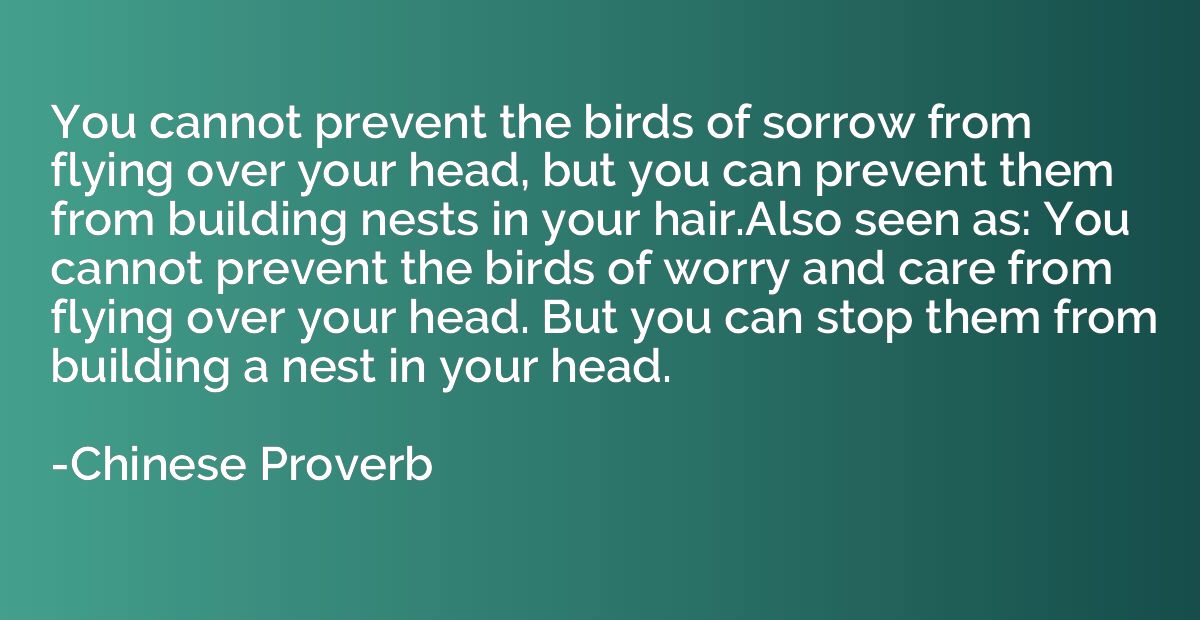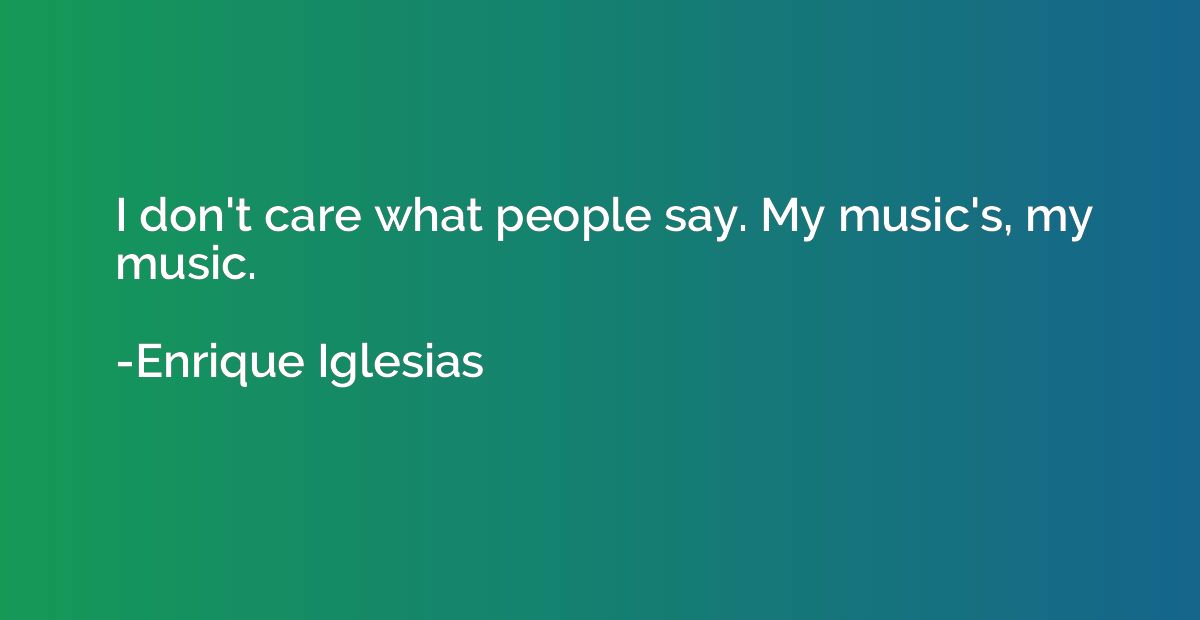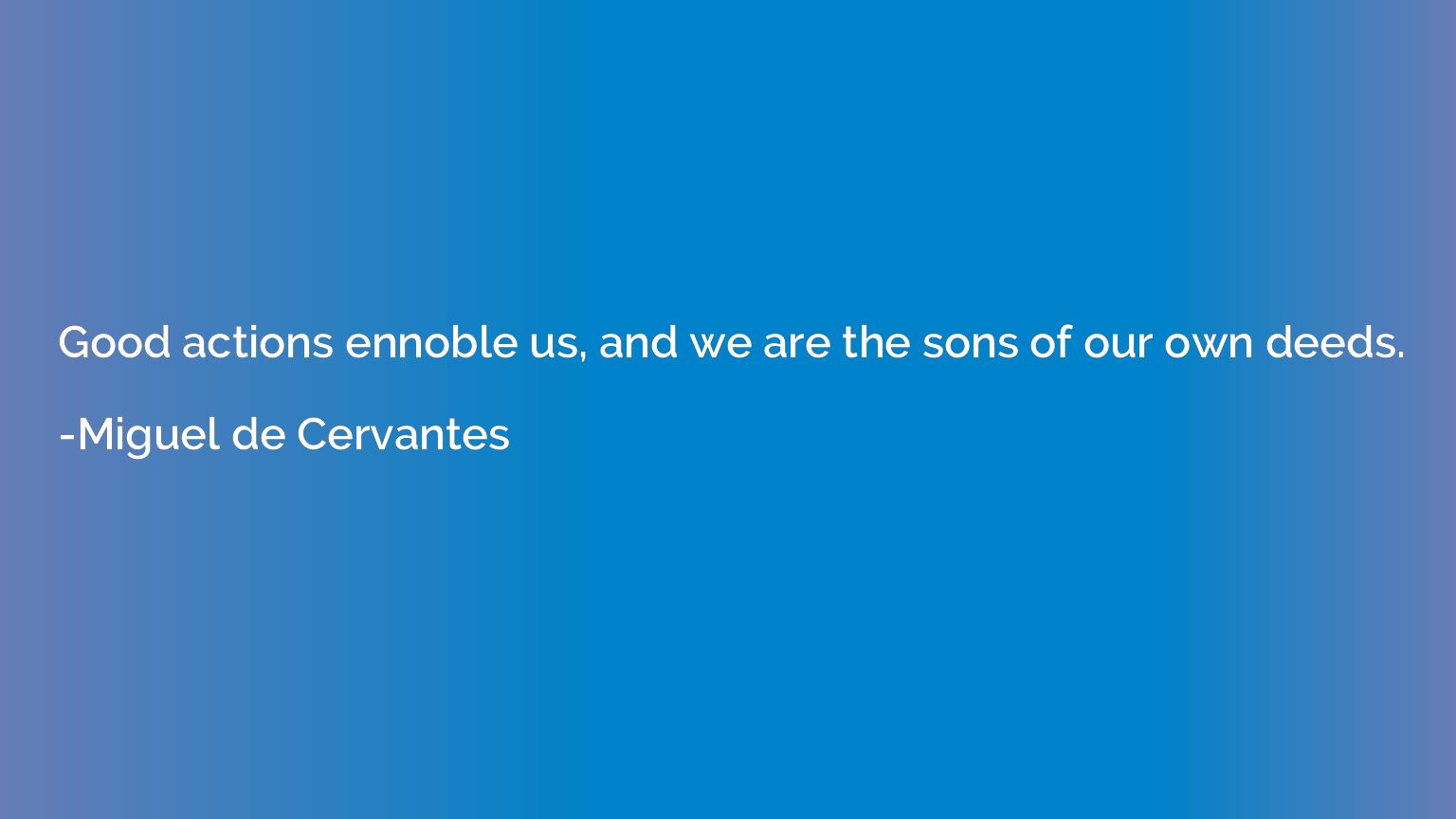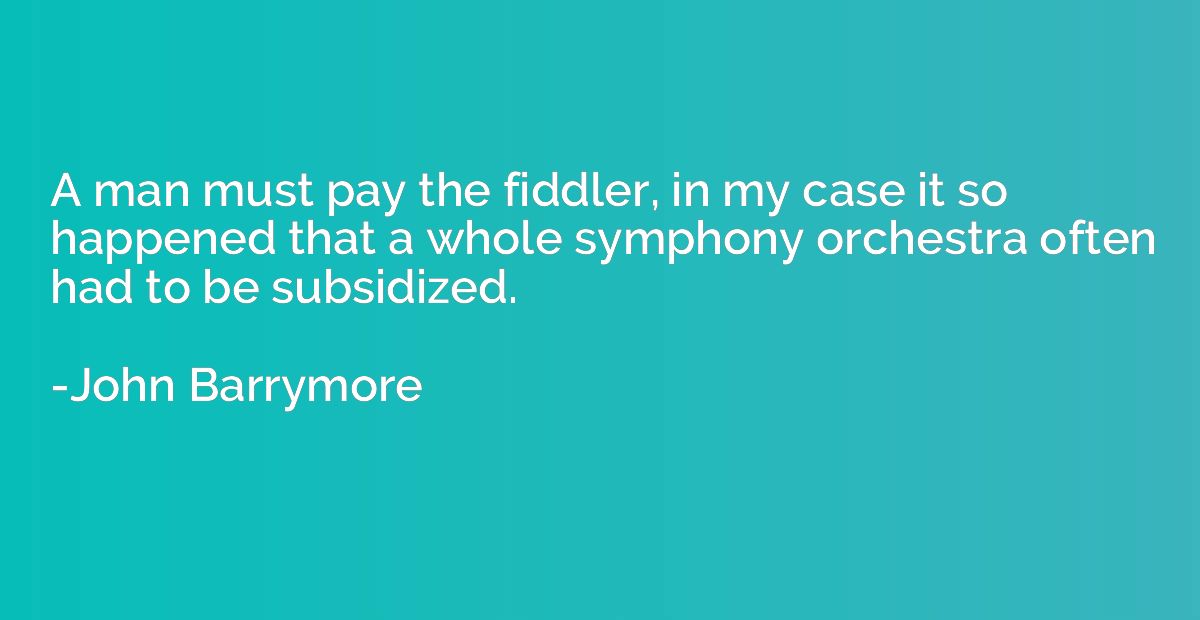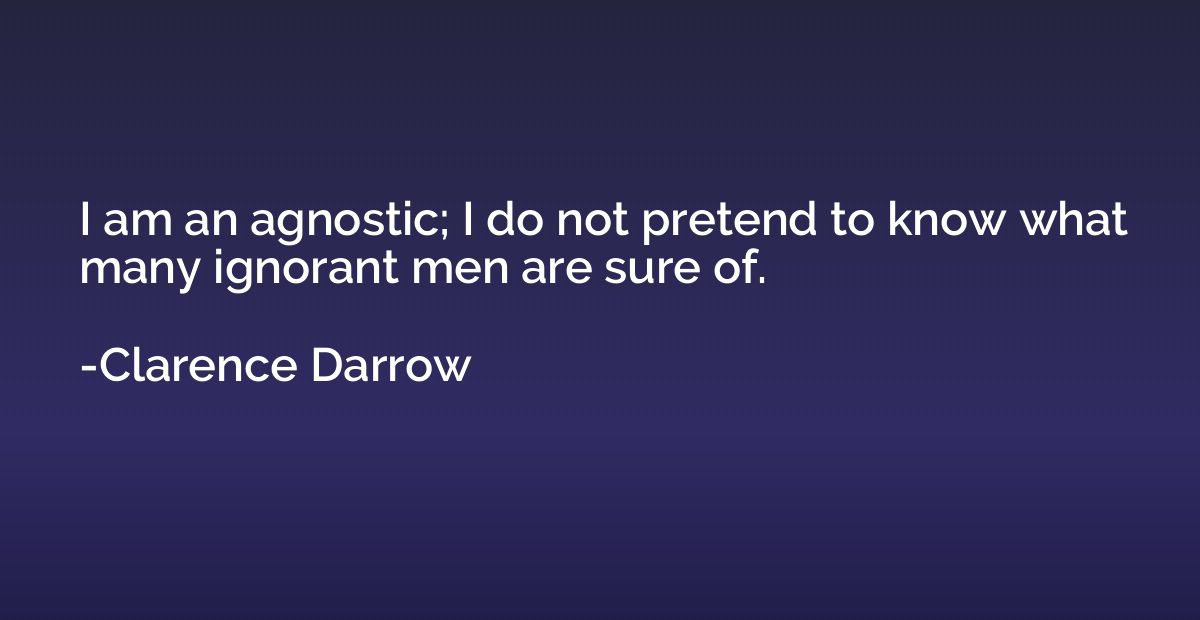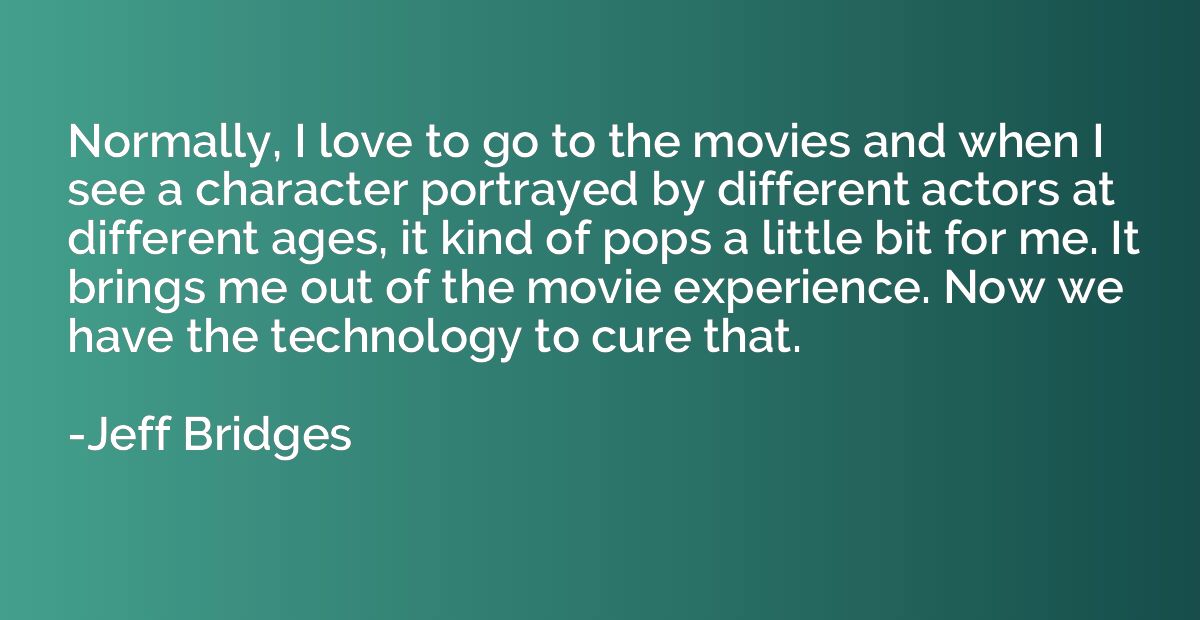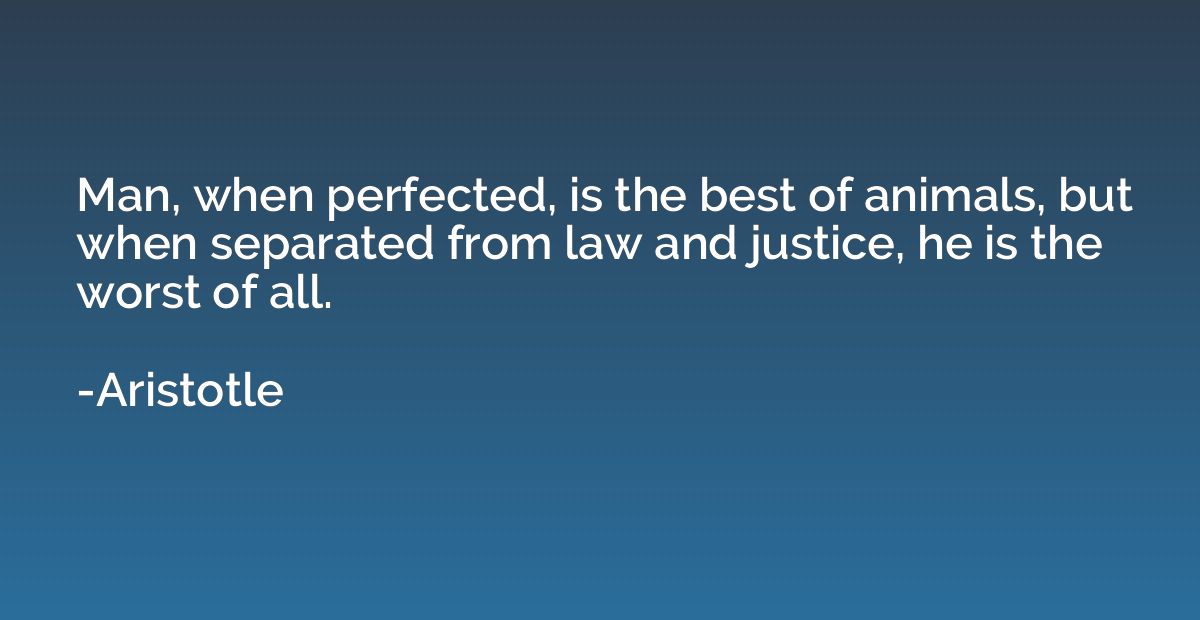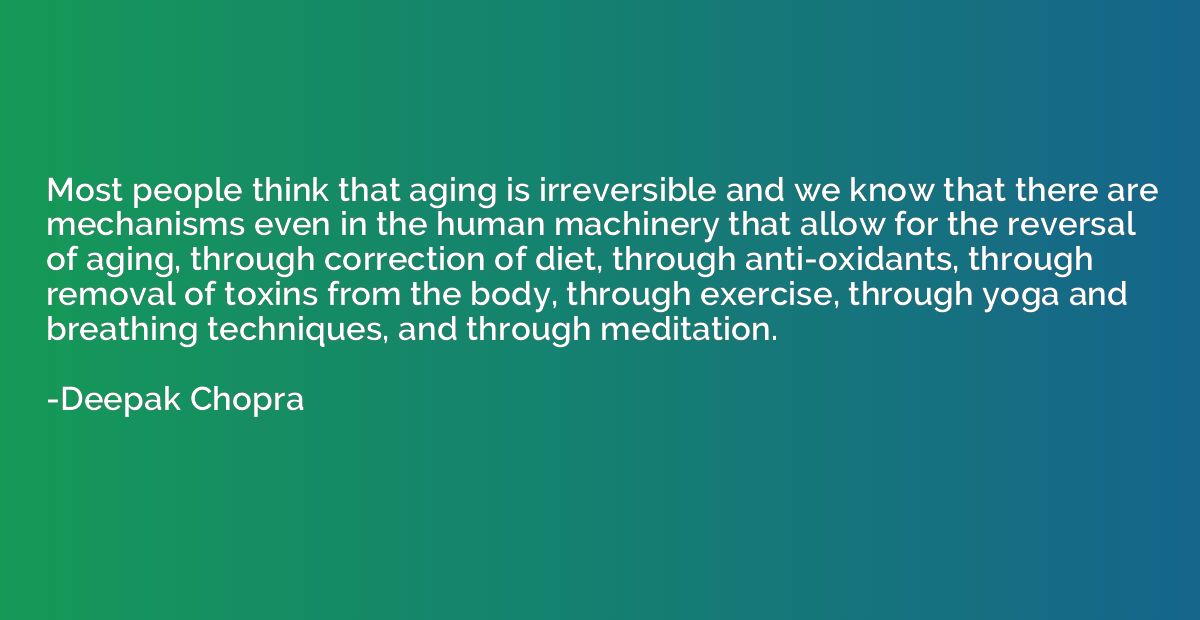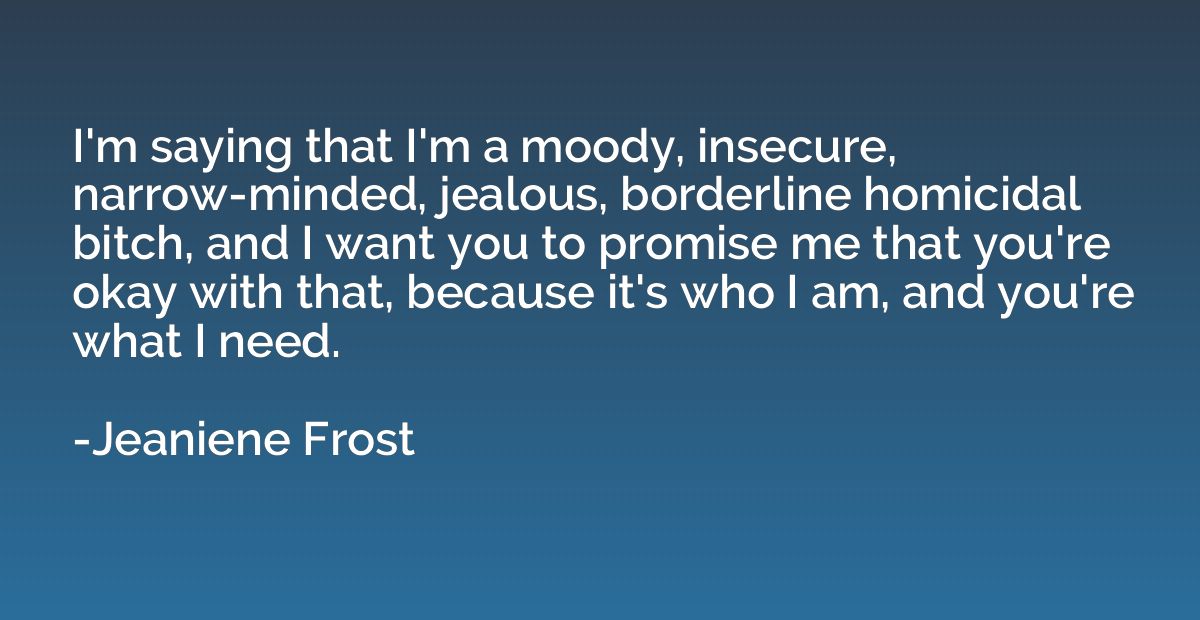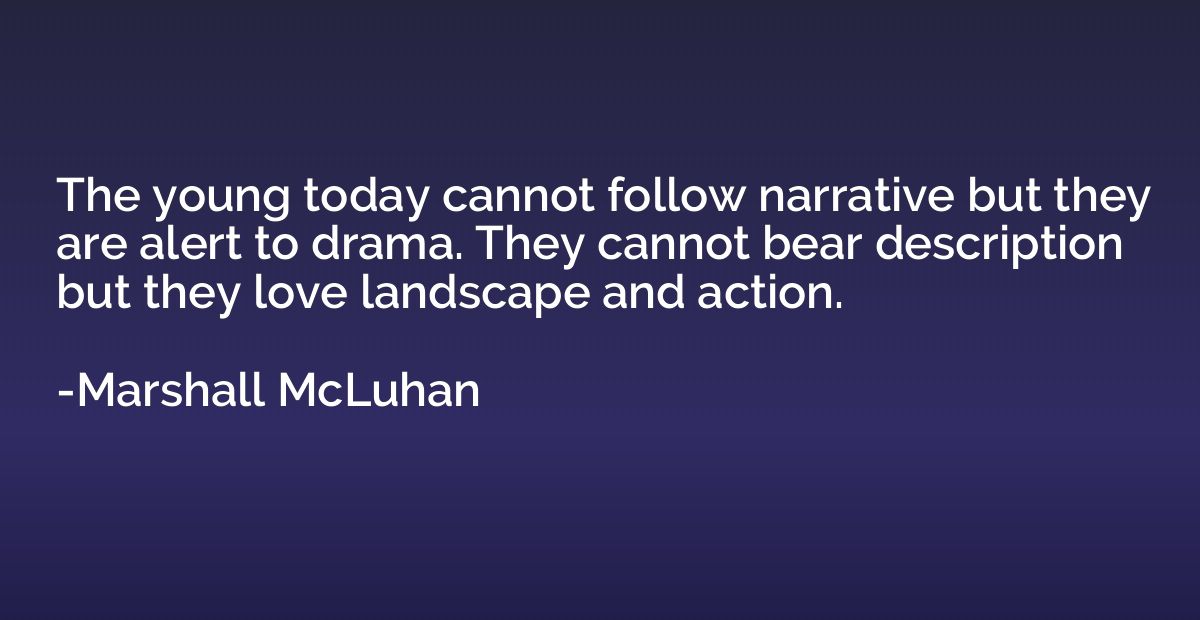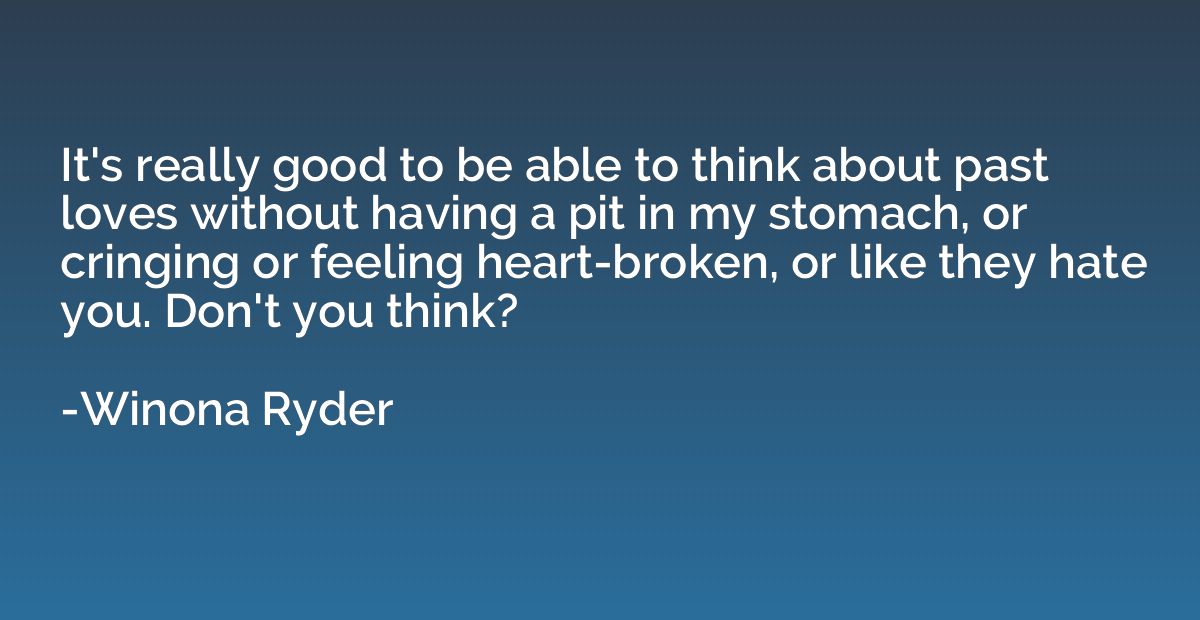Quote by Erich Fromm
Why should society feel responsible only for the education of children, and not for the education of all adults of every age?
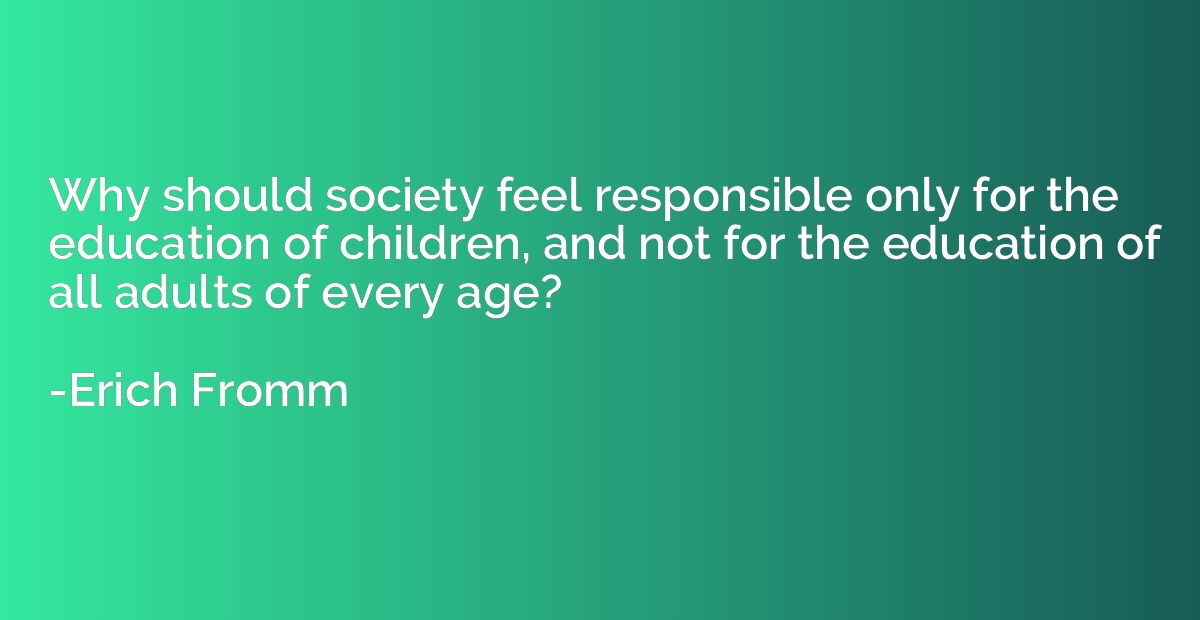
Summary
This quote questions the societal focus on providing education solely to children and suggests expanding that responsibility to include adults of all ages. It challenges the conventional belief that education is primarily for youth. By advocating for the education of all adults, the quote emphasizes the importance of lifelong learning and the potential impact it can have on personal development, societal progress, and individual fulfillment. It highlights the idea that education should extend beyond traditional schooling and be accessible to individuals throughout their lives to ensure continuous growth, adaptability, and intellectual enrichment for everyone.
By Erich Fromm



